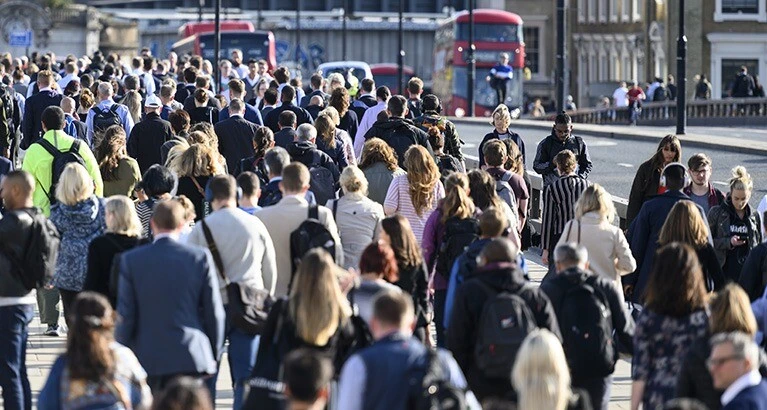There is a consistent gap between labour law protections in the UK compared to other developed countries and the gap has been widening, says a report issued by the Trades Union Congress (TUC) based on research at the Centre for Business Research (CBR) at Cambridge Judge Business School.
The research based on the period 1970 to 2022 says the largest divergence between labour laws in the UK and other developed economies is in the area of working time, but significant gaps also exist regarding laws in other areas such as the right to strike. The gap in protections widened from 2010, the year a Conservative-led government took office in the UK, says the report entitled ‘Falling Behind on Labour Rights’.
How Britain compares to the 38-nation Organisation for Economic Development and Cooperation (OECD)
The analysis, which compares the situation in the UK to the average for countries in the 38-country Organisation for Economic Development and Cooperation (OECD), was conducted for the TUC by Dr Irakli Barbakadze, a Research Fellow at the CBR, and Professor Simon Deakin, Director of the CBR and Professor of Law at the Faculty of Law at the University of Cambridge.
“While labour laws across the developed world have remained relatively stable over the past decade or so, the UK has failed to keep up with recent improvements and has seen declines in protections relating to dismissal, employee representation and industrial action, resulting in a widening gap with the rest of the OECD,” say the Conclusions to the report.
According to the TUC, the report’s analysis supports the organisation’s view that “reform must be both swift and far-reaching to bring the UK’s worker protections up to scratch, delivering stronger growth with rewards that are fairly shared”.
While labour laws across the developed world have remained relatively stable over the past decade or so, the UK has failed to keep up with recent improvements and has seen declines in protections relating to dismissal, employee representation and industrial action, resulting in a widening gap with the rest of the OECD,
Centre for Business Research
The Centre for Business Research (CBR) aims to better understand how to achieve a sustainable economy and society.
Related content
The report ‘Falling Behind on Labour Rights’ can be found on the TUC’s website.





